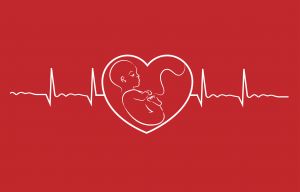The heart needs exercise just like any other muscle.
Exercise helps the heart pump blood efficiently through the body with little strain. Regular exercise also helps to keep arteries and other blood vessels flexible, ensuring good blood flow and normal blood pressure.
According to the American Heart Association, for each hour of regular exercise you get, you’ll gain about two hours of additional life expectancy. In addition to strengthening your heart and preventing heart disease, consistent physical activity is also important for:











